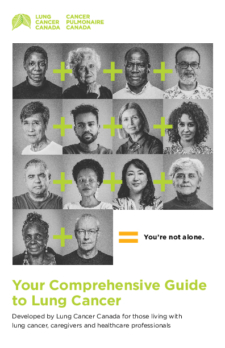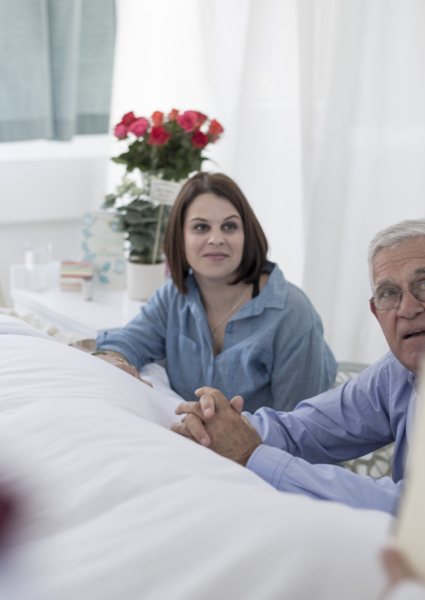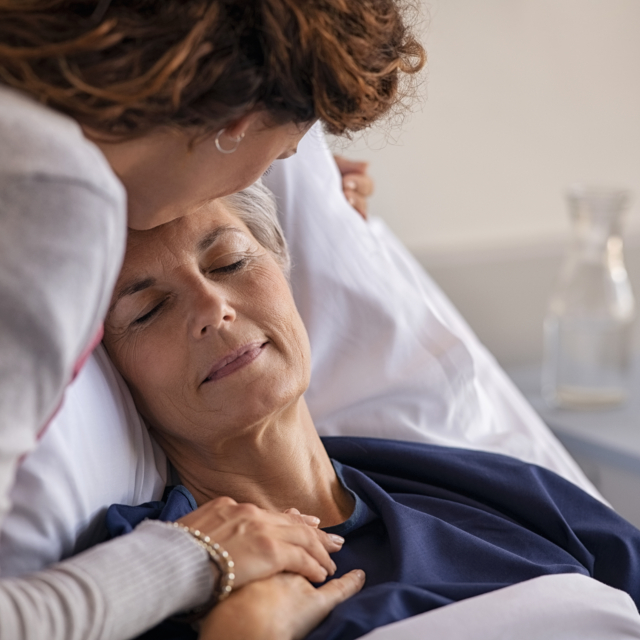End of Life Planning
Sometimes cancer continues to grow aggressively despite the best medicine and care available. When you are told that a cure is no longer the goal of treatment, you may experience a range of emotions. You, and your loved ones, may feel overwhelmed and will deal with this news in different ways. Clarifying and communicating goals of care with your healthcare providers and loved ones may help to alleviate distress and focus on quality of life.







